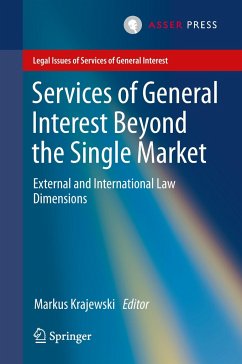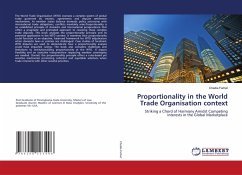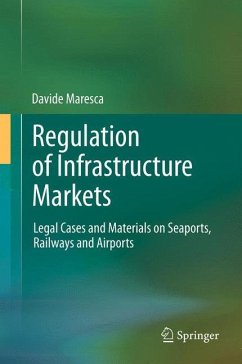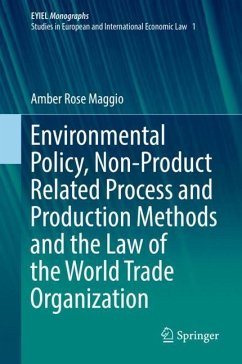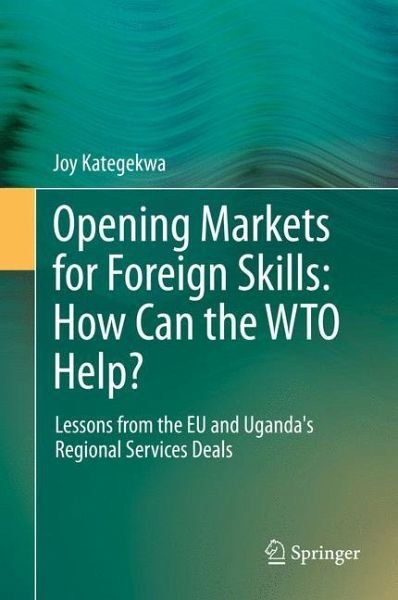
Opening Markets for Foreign Skills: How Can the WTO Help?
Lessons from the EU and Uganda's Regional Services Deals
Versandkostenfrei!
Versandfertig in 6-10 Tagen
76,99 €
inkl. MwSt.
Weitere Ausgaben:

PAYBACK Punkte
38 °P sammeln!
The Mode 4 commitments of WTO Members are narrow and shallow. Even though trade negotiations for enhanced Mode 4 access started well before the launch of the DDA- prospects for success are thin. These negotiations followed a traditional mercantilist approach- with limited attention to the underlying difficulties countries face in letting people into their borders, either generally, or on the basis of a WTO GATS commitment. This Book argues that this approach alone will not succeed. It proposes a focus not on trading market access concessions only, but on discussions aimed at understanding each...
The Mode 4 commitments of WTO Members are narrow and shallow. Even though trade negotiations for enhanced Mode 4 access started well before the launch of the DDA- prospects for success are thin. These negotiations followed a traditional mercantilist approach- with limited attention to the underlying difficulties countries face in letting people into their borders, either generally, or on the basis of a WTO GATS commitment. This Book argues that this approach alone will not succeed. It proposes a focus not on trading market access concessions only, but on discussions aimed at understanding each other's regulatory approaches. To date, in terms of the literature available, we know very little about how WTO Members are managing their Mode 4 commitments. We know even less about how the WTO could learn from clearly more advanced steps in regional liberalization processes. This Book addresses these issues- through case studies of market access and national treatment commitments, and regulatory approaches in Economic Integration Agreements of a select group of WTO Members.






